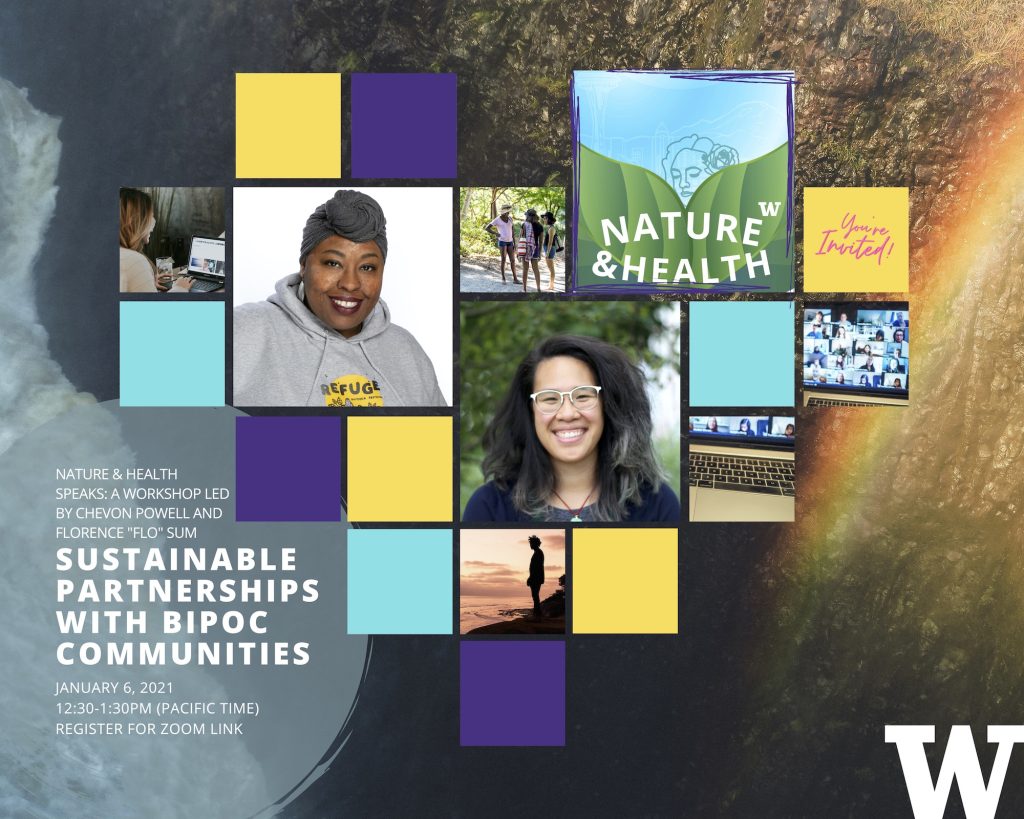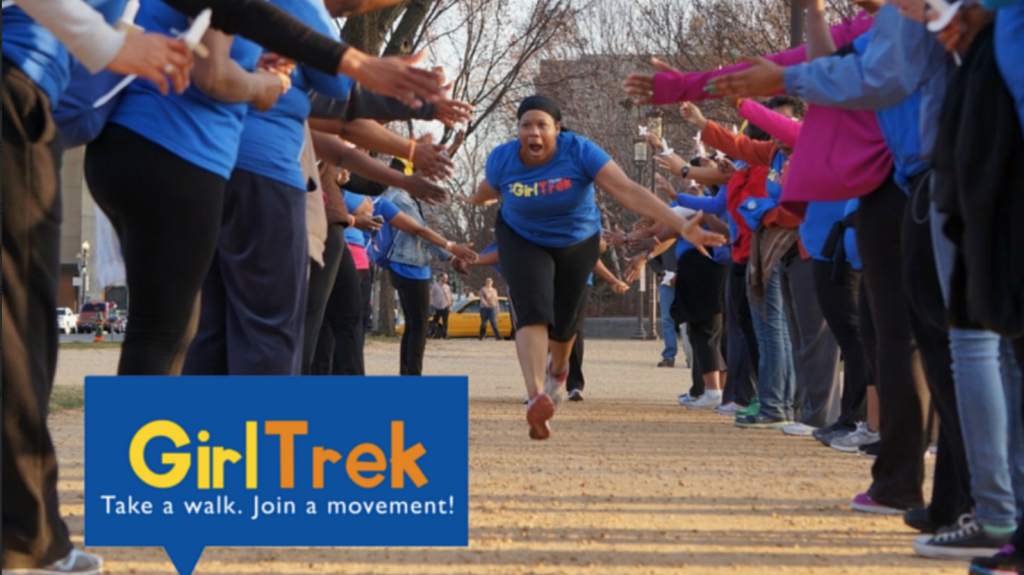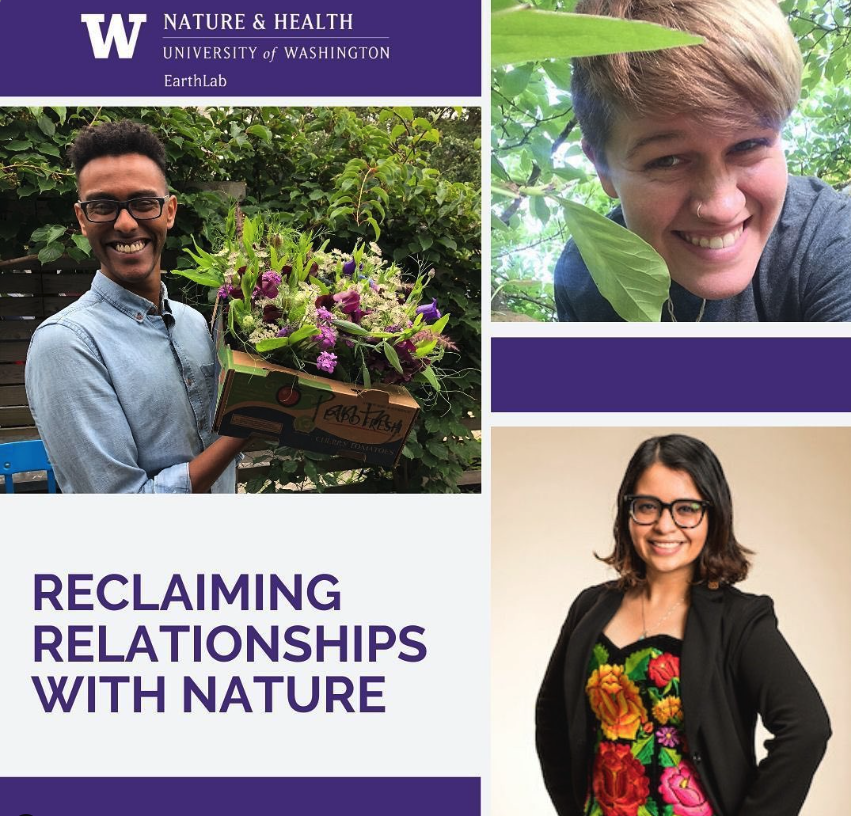SUSTAINABLE PARTNERSHIPS WITH BIPOC COMMUNITIES FEATURING CHEVON POWELL AND FLORENCE “FLO” SUM
Chevon Powell (she/her) is the founder of Golden Bricks Events (GBE). In 2018 GBE repositioned to focus on Diversity, Equity, and Inclusion in the outdoors through consulting, event management, and ownership of signature events such as the Refuge Outdoor Festival—an annual outdoor recreation camping experience geared toward Black, Indigenous, People of Color.
Read morePublic Lands in Public Hands: Innovations in Outdoor Recreation Science and Stewardship
On December 2, 2020, four regional experts shared their wisdom with the Nature and Health community. This session explored innovative research and stewardship aimed at creating sustainable, welcoming, and well-maintained recreation opportunities for everyone to enjoy public lands.
Read moreGirlTrek
In 2019, GirlTrek, Washington Trails Association, and the USDA Forest Service’s PNW Research Station came together to learn about mutual interests in trails, health, and inclusive outdoor spaces, with an interest in getting more people outside enjoying the benefits of time in nature.
Read moreReclaiming Relationships with Nature
Institutional racism remains present in Black and Indigenous communities—especially with COVID-19 and the recent murders of our Black relatives. During this June 2020 talk, Nat, Jessica, and Jules came together to discuss how our intersectional identities weave experiences in relationships with nature.
Read moreThe Importance of Relative Wildness in an Urban Landscape: A Case Study of Discovery Park
While there is a growing body of evidence in support of the importance of nature for human health and well-being, the effects of interacting with relatively wild forms of nature – compared to more “urban” forms – are not as well understood.
Read moreOlder Adult Walking Programs in Urban Park and Indoor Environments – Implementation and Perceived Restorativeness
Green exercise, or exercise performed in a natural environment, has additional health benefits than exercise alone. However, older adults may experience barriers to getting outside including distance from natural spaces. Therefore, urban parks and forests provide older adults with an opportunity to engage in accessible green exercise.
Read moreNature Interaction and Human Well-being: A Hypothesized Model of Feeling a Sense of Presence in Nature
Over the last three decades, there has been an increasing and convincing body of evidence for the physical and mental health benefits of interacting with nature. However, there has been surprisingly little focus on how people’s psychological states during a nature experience may influence these benefits.
Read moreHealth and Nature During COVID-19
What does the emergence of COVID-19 mean for the nature and health movement that we’ve been building since 2014? During this March 2020 webinar, four nature and health experts from the Pacific Northwest led an in-depth discussion and Q&A on this topic.
Read moreNature and Health Conference: Generating understanding across communities and disciplines
Nature & Health 2020 will explore the current understanding of the connections between nature and human health and well-being as well as highlight how that understanding can be used to inform programs, practices, policies, and the design of healthcare, educational, and community settings that benefit all people and nature.
Read moreNature Contact and Psychological Well-Being
Growing empirical evidence demonstrates the ways in which nature contact may be a source of improved psychological wellbeing for urbanites, but the existing literature is dominated by cross-sectional designs and self-report assessments.
Read more

